
Is today the day the music dies?
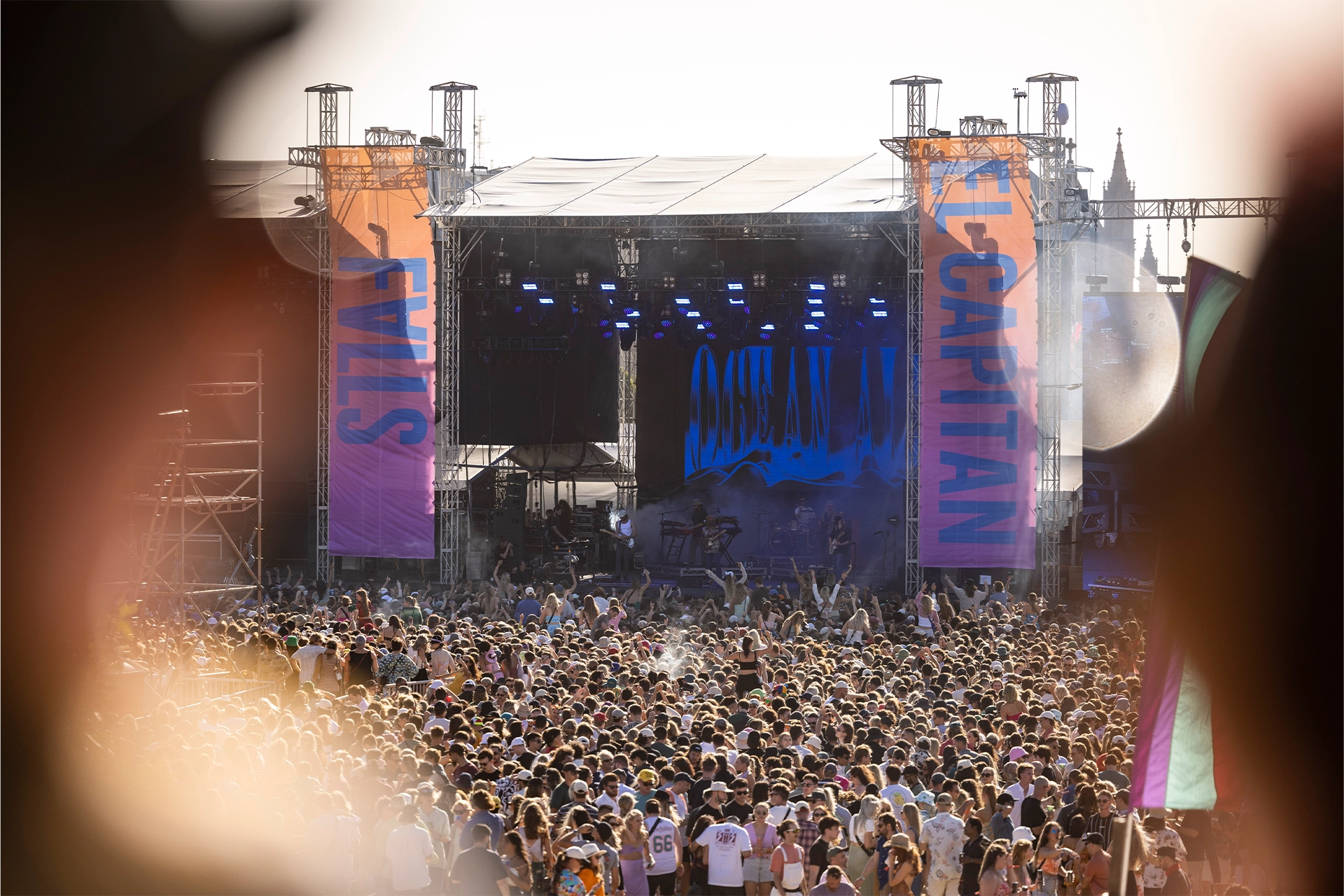
Australia’s live music scene is already suffering, but AI-generated music could put the industry under even more pressure
Published 17 June 2024
Live music by Australian-based artists is slowly disappearing. Music festivals are pausing or shutting down. Local venues are quietly fading away, either dropping performances or shutting up shop altogether.
This trend has become so alarming that the Australian Parliament is holding a national inquiry into the problems faced by Australia’s live music industry and possible solutions.
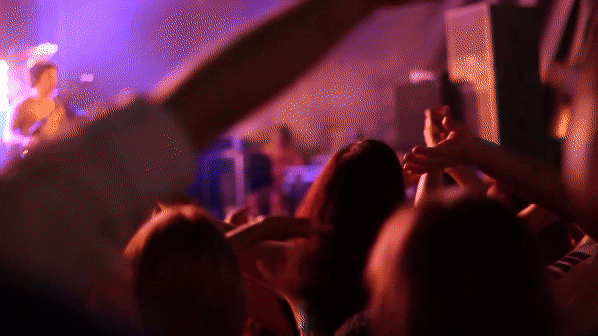
The downward spiral of our country’s live music industry is is likely due to a range of factors including climate change and extreme weather impacting outdoor music festivals like the Falls Festival and Pitch, high insurance costs, and young people being hit by the country’s cost-of-living crisis.
But all these may pale in comparison to the much bigger digital tiger lurking in the corner.
The impact of AI on our music culture may soon prove to be more profound.
The algorithm’s gonna get ya
Right now, if you play your music from a music streaming service like Spotify or iTunes, the platform may recommend what you should listen to next. The way that music is selected is a secret stew, with exact details not open to the public. It’s an algorithm working behind closed doors away from prying eyes (or ears, in this case).

So, if you listen to a lot of music from Indigenous artist Jem Cassar-Daley, this algorithm will likely offer you country-leaning, indie music. It might also build a profile that includes your gender, age, geographic location or related purchases to match you with ‘what your peers like’.
So far, so sort-of good for the consumer (who allegedly gets more of ‘what they want’). While the online streaming platforms may have a poor record of paying artists a living wage for their work, the algorithm does at least choose between musicians.
What about AI? Well until recently, AI-generated music has been a bit of a flop.
British DJ and producer Fat Boy Slim described how making ‘mistakes’ is what can make a piece of music special – and algorithms haven’t been in the business of mistakes.
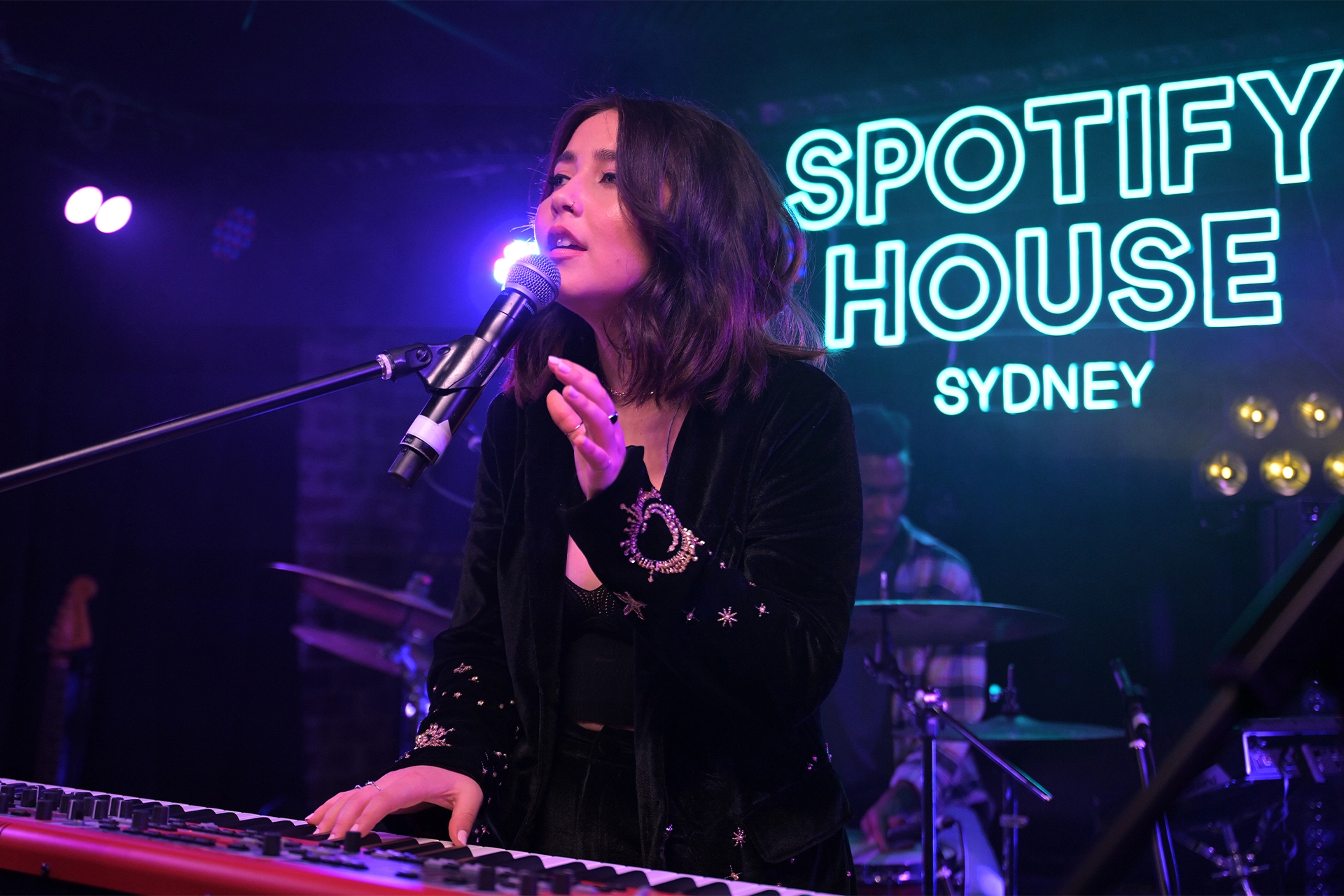
But as of (right here) right now, it is changing the music stakes – promising to generate individually-tailored music as an “end-to-end“ product .
Imagine that the same platforms that feed you music also make the music, using only AI. In this model, you flick on your music app and up pops a list of new songs, all AI-generated. All reflect your music preferences, which the platform has learned from hours of profiling your play choices and habits. It may spin up a heavy techno beat on weekends after 8 pm but a Celtic ephemeral playlist on a weekday at 7 am.
And you may not even know that AI made the tune you’re loving right now.
Human musicians are messy; they require some pay and they carry risk – like behaving badly, damaging their own or their distributor’s reputation.
So, what do you think is more likely – that Big Tech platforms would prefer to send you AI music that they generate and own, or songs by messy human artists?

Politics & Society
AI, automation and women
Money for nothing?
Vertical integration and market over-dominance is not a new business model; there is a long history of legal challenges from regulators across many industries. Most recently, in the music industry, 30 states filed a lawsuit in New York against Ticketmaster’s owner, Live Nation, arguing that the company “suffocates its competition”.
Bear in mind that in 2023, Live Nation recorded revenues of $US22.7 billion, a 36 per cent increase on 2022 revenues. It is the world's largest live-entertainment company.
The US Attorney-General took the action saying artists have fewer chances to perform and consumers pay more in fees – lose, lose.
But at least we can see the problem.
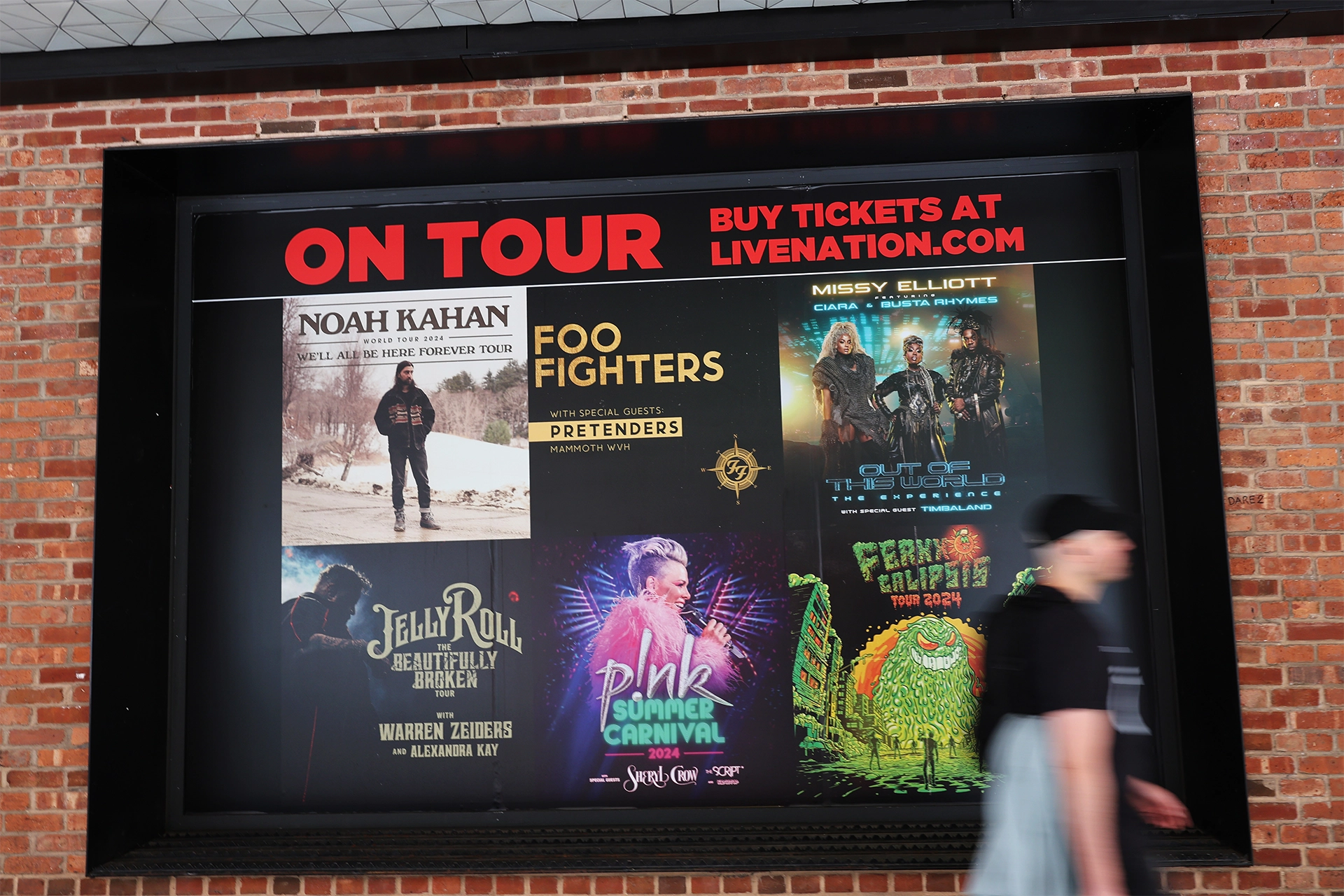
If AI then slides into this scenario, it has a much more worrying potential for musicians because it is far less visible. In fact, this a perfect case study of how AI without transparency – and regulatory guardrails – can be risky to society.
We have found no requirements for tech platforms to tell music consumers if their music was made by a human or by an algorithm, but we know that, according to research, listeners prefer to listen to music they know is written by humans rather than something they believe was produced by AI.
But currently consumers have no way of monitoring whether these systems begin to bias away from human-made music.

Politics & Society
When AI gets it wrong, workers suffer
Facing twenty-thousand of your friends
So, how do AI and digital platforms and vertical integration come together to become a threat to our live music scene?
There a several ways.
Performing live is a way for musicians to make a living. Where once they could survive on record, tape or CD sales, now they need the income from live performance – and the merchandise sales that go with it.
The running joke in the industry is that it’s the T-shirt sales these days that really pay the rent.
Crucially, live gigs provide a pipeline for emerging artists to build an audience which can eventually support their work. Live performances also help the musicians become better artists, through the baptism by fire that is the experience of standing in front of a crowded room night after night.
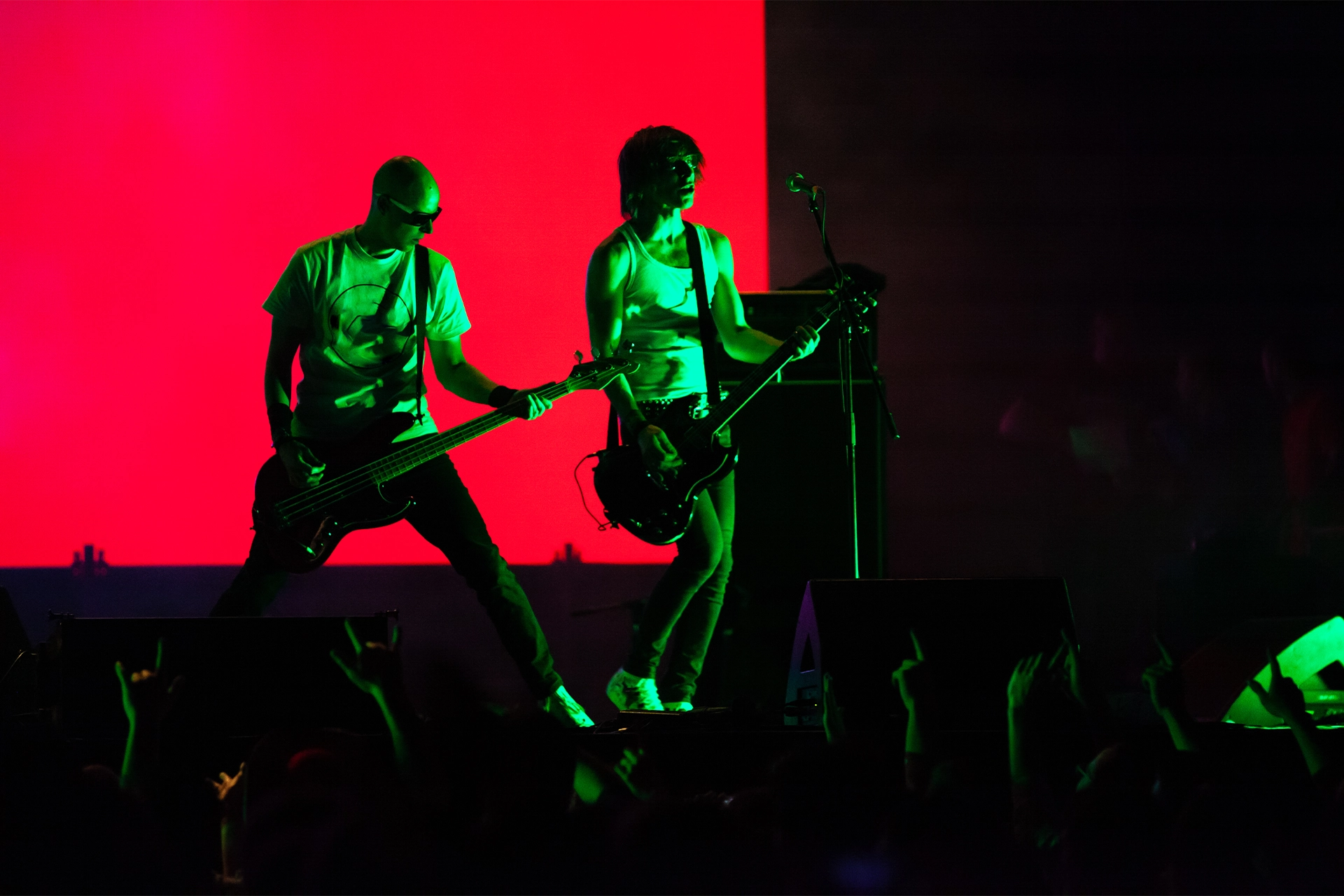
If online music platforms help artists build a following for their live shows, then the relationship is symbiotic.
If we lose this live music pathway for developing home-grown music artists, it may disappear for good. This is because AI-generated music, combined with vertical integration on digital platforms, could further undermine the viability of live music.
Musicians have managed to grapple with many technology-led changes to their industry over the years – think Bob Dylan ‘going electric’ in 1965.
In fact, technology has supported all sorts of creative musical adaptations, and AI may play a role assisting human musicians in this process.
But if consumers are silently steered to purely AI-generated music owned by the big platforms, they may skip attending live performances altogether. Local live artists won’t get a look in, as they can’t get the needed airtime with new fans on stage or in online platforms in order to build a following. This may contribute to low attendances which, in turn, leads to the closures of smaller live music venues.
And when the venues and festivals shut down, they may never come back again.

Health & Medicine
Overcoming our psychological barriers to embracing AI
Come together, right now
Musicians produce artifacts (songs) and experiences (live performances) that are part of both our national and personal identity. We are bonded to our generation by the music of the time. We can talk to strangers based on a shared experience of a song.
Social media tends to isolate us in our own little filter bubble of ‘people just like us’. People no longer share the same nightly TV shows or morning newspaper. But music – and particularly a live music experience – can act as a strong unifying and celebratory force.
It may seem hard to imagine Australia without a live music scene, but AI-generated music is a very real threat. There are some potential solutions though.
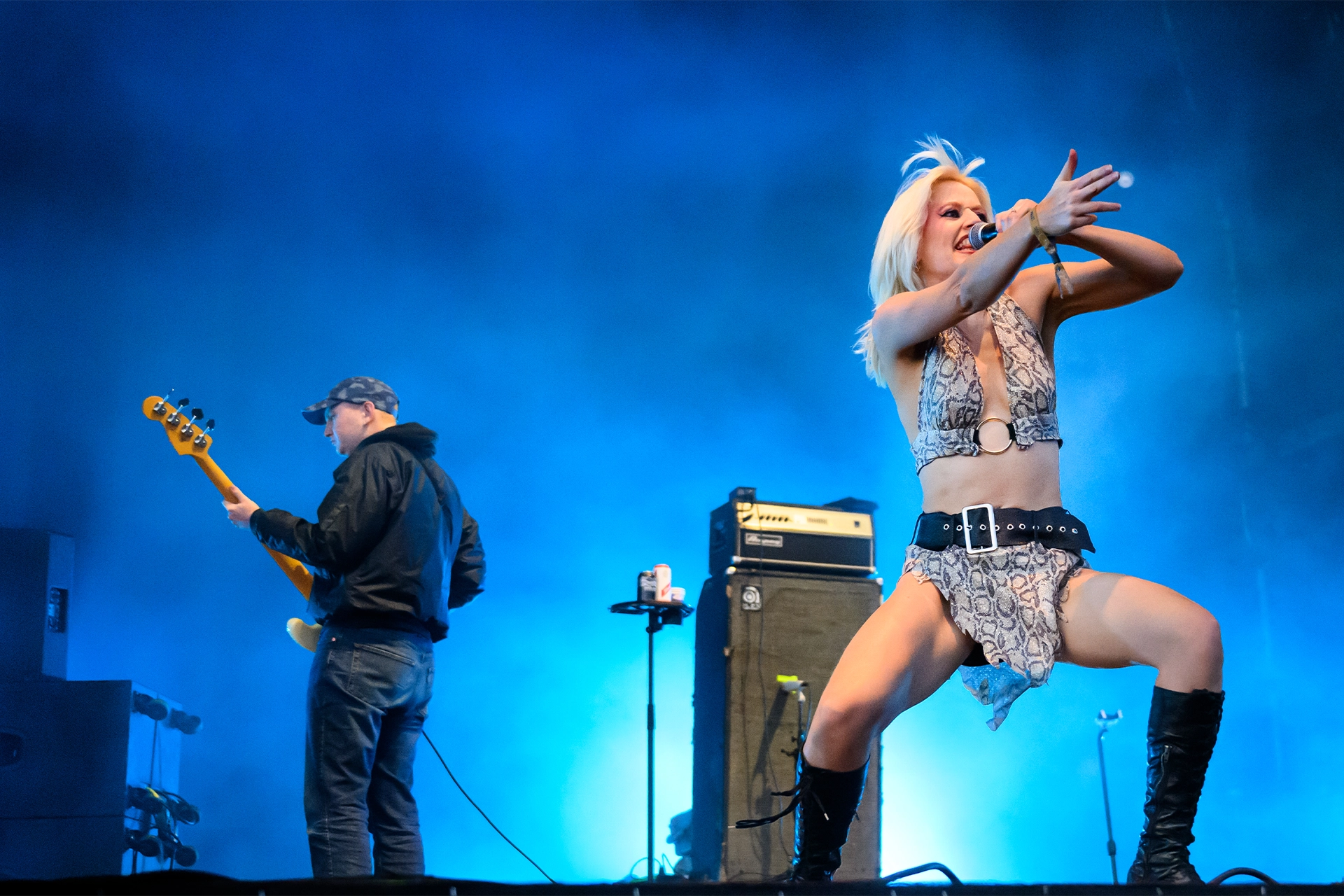
One would be creating transparent grant schemes made directly to nationally-based artists that gives them a living wage while they build up a playlist and following, instead of paying subsidies to already-profitable international acts like Taylor Swift.
When we think about the future of music, do we want to be sitting alone in our rooms, interacting with the music world through Discord, X, Instagram, TikTok and Meta? Or do we want to be with a group of friends at a local live music venue, or heading to a festival to spend a weekend with 5,000 other fans – dancing together in person, singing along with the live band on stage?
Whatever your jam is – be it Briggs, Amyl and the Sniffers, The Chats or more old school – we should be aware of how AI could change our national cultural future and how its unregulated and opaque use could affect the opportunities for young Australian talent.




